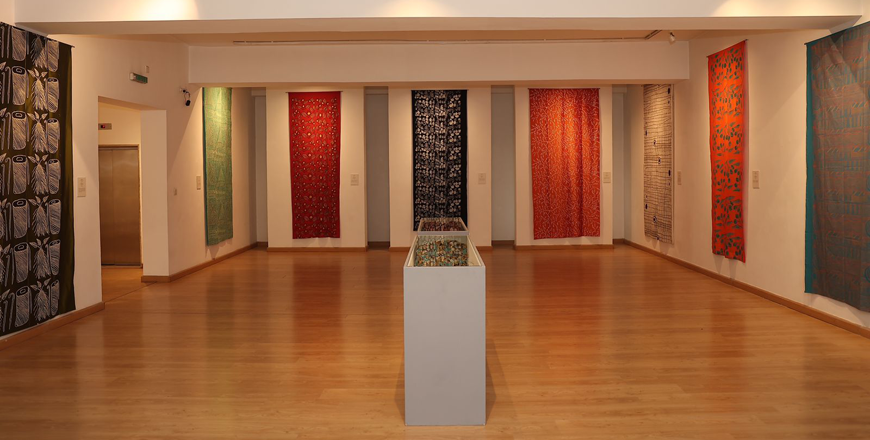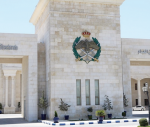You are here
Australia marks 250th anniversary of Cook landing in muted fashion
By AFP - Apr 29,2020 - Last updated at Apr 29,2020

The Captain Cook memorial on the shore of Botany Bay marks where the English explorer landed in Australia on April 29, 1770 (AFP photo)
BOTANY BAY, Australia — The 250th anniversary of Captain James Cook's contentious landing in Australia went largely unmarked on Wednesday as the coronavirus pandemic forced the cancellation of long-planned commemorative events.
On April 29, 1770, Captain Cook sailed the Endeavour into Botany Bay -- called Kamay in the local indigenous language -- an event that is increasingly being seen through the eyes of the Aboriginal Australians who were on the shore.
Prime Minister Scott Morrison said the anniversary represented "a merging of histories", calling Cook an "extraordinary individual".
"The day Cook and the local indigenous community at Kamay first made contact 250 years ago changed the course of our land forever," he said.
"It's a point in time from which we embarked on a shared journey which is realised in the way we live today."
Australia's government was forced to cancel events marking 250 years since Cook's landing due to the COVID-19 outbreak, including the planned Aus$6.5 million ($4.3 million) circumnavigation of Australia by a replica of the Endeavour.
The first contact between the British navigator and Aboriginals foreshadowed the colonisation of the continent and centuries of dispossession for indigenous Australians.
During his voyage, Cook declared Australia "Terra Nullius" -- or legally unoccupied land -- and claimed it as British territory despite Aboriginal history stretching back more than 60,000 years.
The British later established a penal colony in New South Wales in 1788.
Gujaga Foundation chair Ray Ingrey said the indigenous Dharawal people had been working with Australia's National Museum for 18 months to showcase their ancestors' recollections of encountering Cook.
"Australian society has matured quite a lot over last 50 years since the last anniversary came around, the 200th anniversary," he told AFP.
"A lot of the messages being received by the National Museum was the broader community saying 'We've heard about Cook's side of story, or the story from the ship, and we want to hear more about the story from the shore'."
Missing stories
An online exhibition features the "largely missing" stories passed down through generations of indigenous Australians of those encounters with Cook and his crew.
"As the longboats started to row towards the shore, my ancestors realised that they weren't Aboriginal people at all, they were in fact alien people because they looked so different to ourselves. We actually thought they was ghosts," elder Shayne Williams said in a video released by the museum.
The warriors on the shore started yelling and gesturing for them to leave, before beginning to throw rocks and then throwing spears, which landed at the crew's feet.
"If our people wanted to spear one of those sailors they could have easily done that. But it was just warning shots," Williams said.
"So what Cook and his crew did, they returned fire with their muskets. Actually hit one of the warriors in the legs."
Ingrey said the anniversary was a "significant event for all Australians" but the indigenous side of the story had long been overlooked or misrepresented.
"It was the first act of violence towards our people by the British, however it is our shared history and we have shared present, so it's only common sense that we have a shared future," he told AFP.
"Both stories need to be respected and that's all that we would hope for, that we have the opportunity to tell our story the way that we want to tell it and be respected to do that.
"We can only then move forward as a nation when both histories are acknowledged and accepted."
Related Articles
AMMAN — Under the Patronage of HRH Princess Wijdan Hashemi, the Australian embassy in Amman, in collaboration with Jordan’s National Gallery
AMMAN — An exhibition showcasing contemporary indigenous Australian artwork and pieces from the Jordan National Gallery of Fine Arts’ collec
SYDNEY — Australians have roundly rejected greater rights for Indigenous citizens, scuppering plans to amend the country’s 122-year-old cons

















